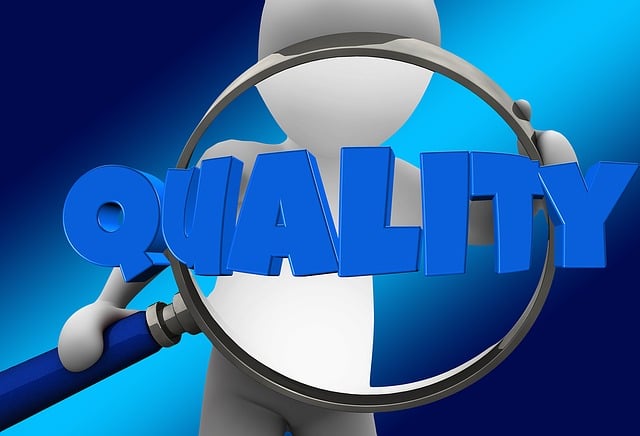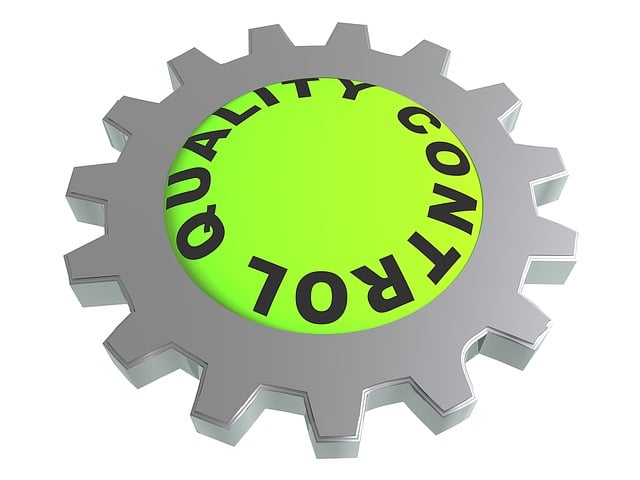Unaddressed mold issues can lead to severe legal consequences for property owners and landlords. Failure to disclose known mold problems can result in misrepresentation lawsuits, reduced property value, health risks, and substantial financial damages. Disclosure obligations exist to protect buyers, tenants, and future owners, ensuring transparency and avoiding legal disputes related to home value and mold. Neglecting these responsibilities may incur significant penalties and liability for both sellers and landlords.
In today’s digital era, awareness of hidden dangers within our homes is paramount. Among these, mold issues pose significant health risks and legal consequences if left undisclosed. This article delves into the intricate web of legal liabilities for undetected mold, exploring its impact on home values and the critical connection between health risks and legal responsibilities. We’ll navigate contractual obligations, potential consequences, and preventive measures to ensure you’re equipped with knowledge to safeguard your property and well-being.
- Legal Liabilities for Un disclosed Mold
- Home Value Impact of Mold Issues
- Health Risks and Legal Responsibilities
- Contractual Obligations: Disclosure Requirements
- Potential Consequences: Suits and Fines
- Preventive Measures & Risk Mitigation
Legal Liabilities for Un disclosed Mold

When mold issues go unnoticed, the legal consequences can be significant. In many jurisdictions, landlords or property owners have a duty to disclose known mold problems to potential buyers or tenants. Failing to do so may lead to several legal liabilities. If a buyer discovers mold after purchasing a property and it was not disclosed, they could sue for misrepresentation or fraud. This is particularly true if the mold has caused or will cause substantial damage to the home, negatively impacting its value.
Similarly, tenants who suffer health issues due to undetected mold in their living space may have grounds to take legal action against the landlord. They might argue that the landlord had a duty of care to ensure a safe and habitable environment but breached this duty by not disclosing or addressing the mold problem. This could result in compensation for medical expenses, lost wages, and even punitive damages, depending on the severity of the case and local laws regarding home value and mold-related issues.
Home Value Impact of Mold Issues

Mold issues within a home can significantly impact its overall value. The presence of mold, especially in visible or extensive forms, is often viewed as a red flag by potential homebuyers. This can lead to lower property appraisals and, ultimately, reduced sale prices. Even in cases where the extent of damage isn’t severe, the cost of remediation—the process of identifying, removing, and preventing future mold growth—can be substantial. Homeowners may face unexpected expenses, which can further decrease their home’s value or even put them at financial risk if not addressed properly.
Moreover, the negative perception of mold-prone properties can extend beyond monetary value. Many real estate agents advise sellers to disclose any known mold issues to avoid legal complications and maintain transparency with potential buyers. Failure to do so could result in lawsuits for fraud or failure to warn, as buyers might incur health risks or repair costs that were never revealed. Thus, addressing and disclosing mold problems is crucial for both the financial health of a property and the legal security of its owner.
Health Risks and Legal Responsibilities

Unaddressed mold issues in a property can pose significant health risks, affecting both current and potential residents. Mold is known to cause respiratory problems, allergies, and even cognitive impairments, making it a serious concern for public health. Inhaling mold spores can lead to symptoms such as coughing, wheezing, runny noses, and eye irritation, which may persist or worsen over time.
From a legal perspective, landlords, property managers, and sellers have a duty of care to disclose known mold problems to ensure the safety and well-being of occupants and potential buyers. Failing to disclose these issues can lead to legal repercussions. If a tenant or buyer discovers mold after moving in or purchasing the property, they may take legal action against the seller or landlord for negligence, especially if it can be proven that the issue could have been revealed through reasonable inspection. This, in turn, could result in monetary damages, legal fees, and potential loss of home value due to the undisclosed mold problem.
Contractual Obligations: Disclosure Requirements

In many real estate transactions, especially when buying or selling a property, there are specific contractual obligations regarding disclosure. One crucial aspect is disclosing any known mold issues. Not fulfilling this obligation can have significant legal repercussions. If a seller fails to disclose an existing mold problem, it may result in a breach of contract, leading to potential litigation and financial penalties. The buyer could argue that the seller had a duty to inform them about the issue, as it can significantly impact the home’s value and structural integrity.
The lack of transparency regarding mold can create a complex legal scenario. It may not only affect the immediate transaction but also lead to disputes over responsibility for remediation costs if the problem is discovered later by the buyer or even subsequent owners. Therefore, clear and honest disclosure is essential to avoid these legal complications, ensuring a smooth transition of ownership and protecting all parties involved in the real estate deal.
Potential Consequences: Suits and Fines

The legal ramifications of failing to disclose mold issues can be severe, with potential consequences extending beyond individual financial loss. Unaddressed mold problems in a property can lead to significant legal suits and substantial fines. Homeowners or sellers who conceal knowledge of mold may face civil lawsuits from buyers who discover the issue after purchasing the property. These lawsuits often revolve around breach of contract, misrepresentation, or negligence. The buyer might claim that the seller had a duty to disclose the presence of mold, and their failure to do so has resulted in financial harm, reduced home value, and potential health risks.
The severity of these legal repercussions can vary based on local laws and the specific circumstances. In some jurisdictions, fines for non-disclosure can be substantial, reflecting the importance of transparency in real estate transactions. Moreover, if mold-related issues escalate due to negligence, individuals could be held liable for the costs associated with remediation, as well as any health complications that arise from prolonged exposure to mold.
Preventive Measures & Risk Mitigation

Preventing and addressing mold issues is crucial not only for maintaining a healthy living environment but also for mitigating legal risks. Homeowners should take proactive measures to ensure their properties are free from mold, as it can significantly impact the home’s value. Regular inspections, proper ventilation, and timely remediation are key preventive strategies. By implementing these steps, homeowners can reduce the risk of costly legal consequences that may arise from undisclosed mold problems.
When mold is discovered, swift action is essential to minimize damage and potential health risks. Homeowners should document the issue thoroughly, including taking photos and noting the affected areas. Engaging with professionals who specialize in mold remediation ensures the work is conducted safely and effectively. This proactive approach not only protects the home’s value but also helps avoid legal disputes that could arise if mold problems are left unaddressed and later discovered by buyers or inspectors.














